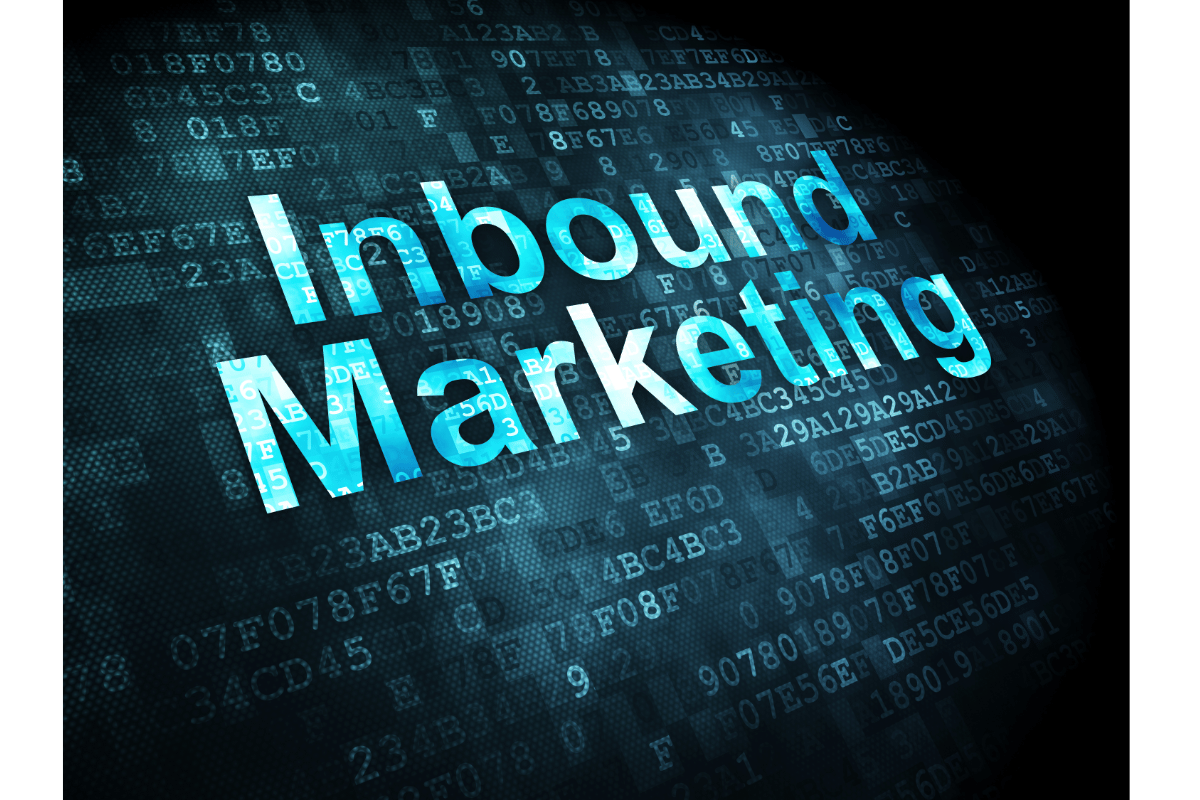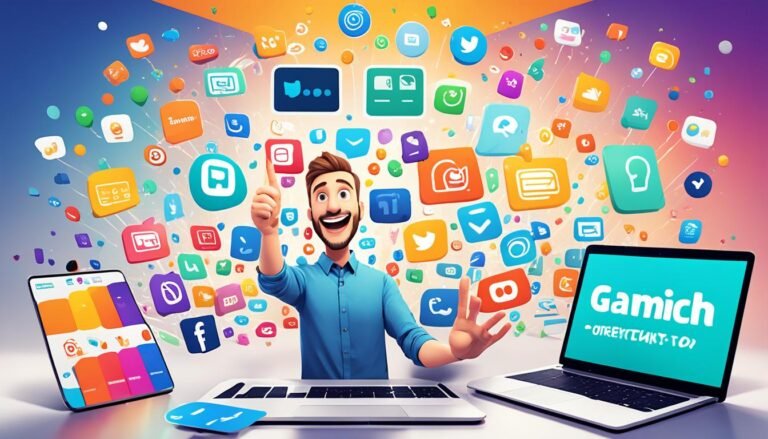What Is Inbound Marketing And Why Is It Important For Your Business?
Inbound marketing is a business methodology that attracts customers by creating valuable content and experiences that are tailored to them. Unlike traditional outbound marketing, which interrupts your audience with ads, cold calls, or emails, inbound marketing focuses on building connections by providing potential customers with useful information that addresses their needs. The goal is to convert these potential customers into satisfied clients who will continue to engage with your brand.
Inbound marketing aligns with the modern consumer’s journey. Today’s buyers are more informed than ever, often conducting extensive research online before making a purchasing decision. Inbound marketing meets them where they are, delivering relevant information at every stage of their decision-making process. By focusing on creating meaningful, engaging, and personalized content, inbound marketing helps businesses to develop trust with their audiences.
Key Elements of Inbound Marketing
Inbound marketing generally involves four main stages:
- Attract: The first step is to draw potential customers to your website or social media pages through valuable content. This might include blog posts, SEO-optimized website pages, social media posts, and videos that address your audience’s pain points. By delivering content that resonates with your target market, you attract visitors who are more likely to become leads.
- Convert: Once visitors are on your site, the next step is to convert them into leads. This often involves capturing their contact information through forms, landing pages, or calls-to-action (CTAs) in exchange for something valuable, such as a free eBook, guide, or discount. This provides a way to follow up with them and continue the conversation.
- Close: The next step in the process is turning leads into customers. Through targeted email marketing, lead-nurturing campaigns, and personalized content, you can build relationships with these leads, showing how your products or services solve their specific problems. This stage is crucial, as it often determines whether a lead will become a customer.
- Delight: Inbound marketing doesn’t end after a sale. Delight strategies aim to provide continued value to customers even after they’ve made a purchase. Happy customers become repeat buyers, loyal supporters, and potentially brand advocates who refer new customers to your business. This might include offering post-purchase resources, educational content, or loyalty programs.
Why Is Inbound Marketing Important?
Cost-Effective Strategy
Inbound marketing tends to be more cost-effective than traditional ways of marketing. By concentrating on creating valuable content that attracts customers organically, you can reduce spending on expensive advertising campaigns. Many of the tools used in inbound marketing, like blogs and social media, are also less costly to maintain compared to paid media campaigns. Web Presence are inbound marketing experts who can help you elevate your business by focusing on improving this.
Builds Brand Credibility and Trust
When you provide helpful content that answers questions and addresses problems, you establish your business as a trustworthy authority. This credibility can differentiate your brand in a crowded market. Potential customers are more likely to pick a brand they trust, especially when making significant purchases or entering long-term relationships.
Better Customer Relationships
Inbound marketing emphasizes customer engagement and satisfaction, encouraging interactions through personalized emails, educational resources, and responsive customer service. By consistently providing value, you can build stronger, longer-lasting relationships with your customers.
Scalability and Long-Term Impact
Inbound marketing strategies are scalable, allowing businesses of all sizes to implement them. A small business can start by focusing on a blog or social media presence, while a larger company might incorporate advanced SEO strategies and marketing automation. Additionally, inbound marketing has a lasting impact. Blog posts and videos can continue to attract leads years after they’re created, giving you a compounding return on your initial investment.
Embracing inbound marketing can help your business stand out, reduce marketing costs, and build relationships that translate into long-term success.





